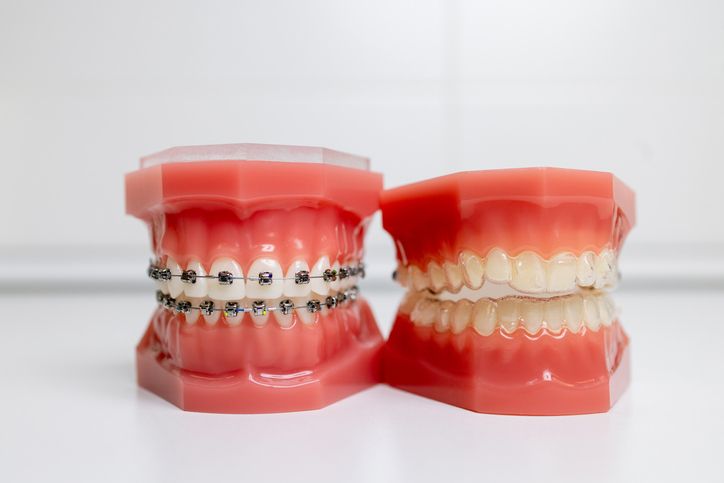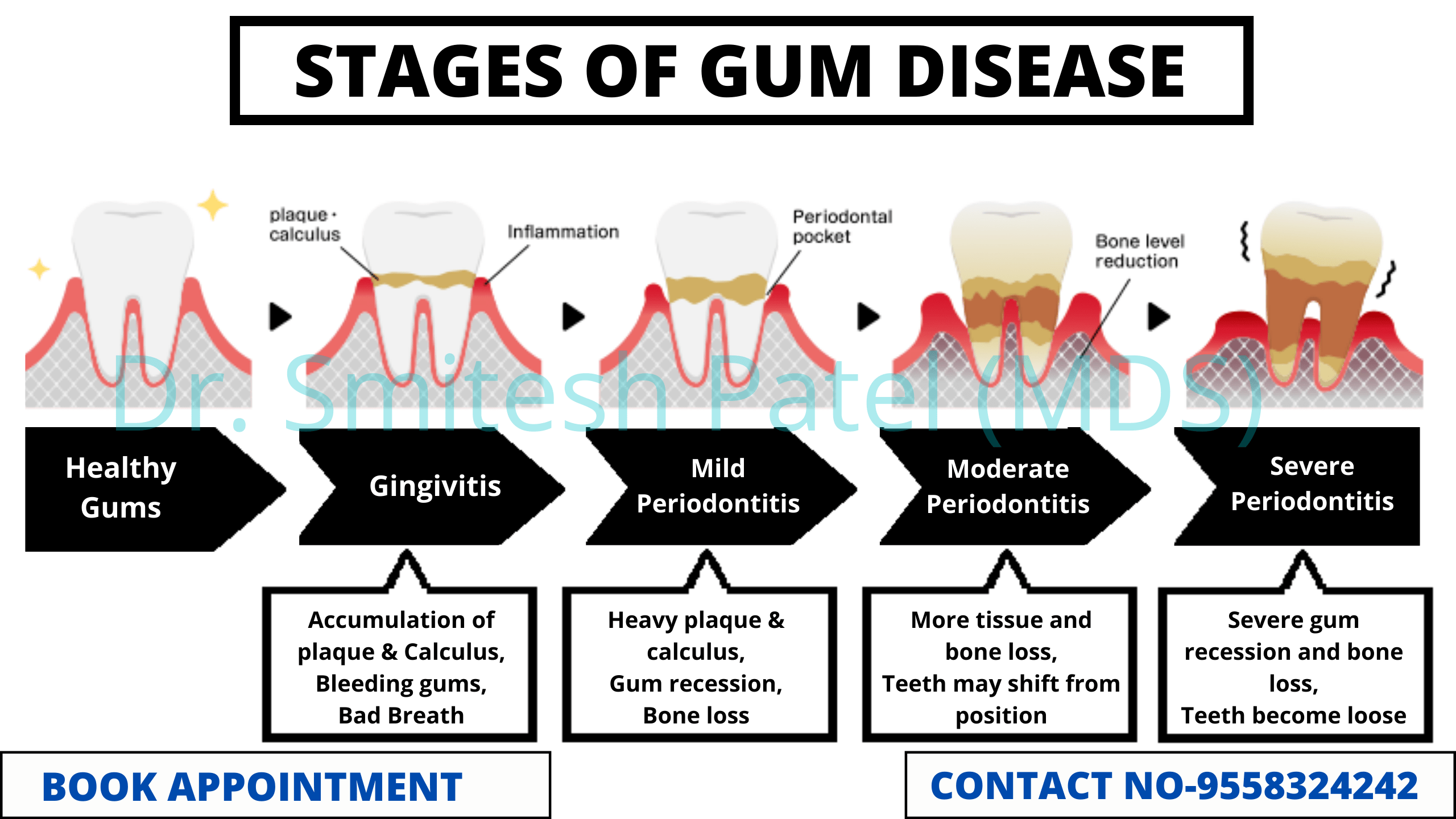Introduction:
If you are on a journey to achieve a beautiful smile, then align your teeth in a better way. To bring your confident smile, align your teeth with proper orthodontic treatment. You are worried from where to get it done, how and by whom then you are at a right place consulting one of the best Orthodontist in Gandhinagar. You’re on the path to a healthier and more confident you. However, it’s essential to understand that maintaining your oral health during and after orthodontic treatment is crucial for lasting results. In this blog, we will explore the essential tips and practices to keep your smile radiant and ensure your orthodontic investment pays off. Let’s dive in!
- Oral Hygiene During Orthodontic Treatment
During orthodontic treatment, braces or aligners are working tirelessly to straighten your teeth. However, they can also create new nooks and crannies where food particles and plaque can accumulate. To maintain optimal oral hygiene:
- Brushing: Make sure to brush your teeth thoroughly after every meal or snack. Use a soft-bristle toothbrush and fluoride toothpaste. Pay special attention to brushing around brackets and wires.
- Flossing: Flossing becomes even more critical during orthodontic treatment. Use floss or interdental brushes to clean between wires and teeth.
- Mouthwash: Incorporate an antimicrobial mouthwash to help kill bacteria and reduce the risk of gum disease.
Dietary Considerations
Your orthodontist will likely provide a list of foods to avoid during treatment, such as sticky candies, popcorn, and hard nuts. Following these guidelines is essential to prevent damage to your braces or aligners.
Instead, focus on a diet rich in:
- Soft foods: Opt for foods like yogurt, mashed potatoes, and soups, which are gentle on your braces.
- Fruits and vegetables: Cut them into small, manageable pieces to avoid damaging your orthodontic appliances.
- Dairy: Dairy products like cheese, milk, and yogurt are not only good for your teeth but also for your overall health.
Orthodontic Treatment
Regular visits to your orthodontist in Gandhinagar are essential for monitoring the progress of your treatment. These appointments ensure that your braces or aligners are working effectively and provide an opportunity for adjustments. During these visits, your orthodontist will also check for any signs of oral health issues.
Post Treatment Care
Once your orthodontic treatment is complete, it’s vital to maintain the results you’ve worked so hard to achieve. Your orthodontist will likely provide you with a retainer to wear. Here’s how to take care of your smile after treatment:
- Wear Your Retainer: Follow your orthodontist’s instructions regarding retainer use diligently. This step is crucial in preventing your teeth from shifting back to their original positions.
- Regular Dental Check-ups: Continue visiting your orthodontist and general dentist for routine check-ups and cleanings.
- Oral Hygiene: Maintain excellent oral hygiene practices to keep your teeth and gums healthy. Continue brushing, flossing, and using mouthwash as recommended.
Conclusion
Maintaining your oral health during and after orthodontic treatment in Gandhinagar is a commitment that pays off with a lifetime of beautiful smiles and improved oral health. By following these essential tips, you can ensure that your orthodontic journey leads to lasting results. Don’t forget to schedule regular check-ups with your orthodontist and dentist to keep your smile radiant and healthy. Remember, your oral health is an investment that lasts a lifetime!
Top of Form





